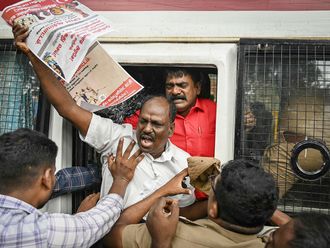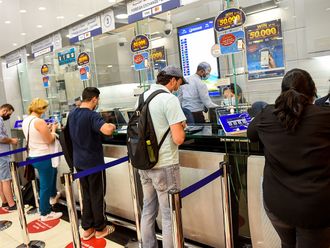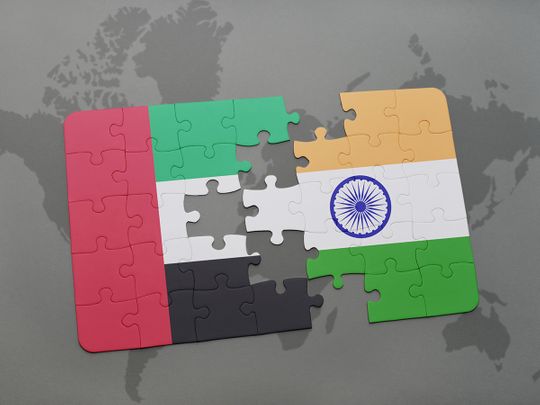
Dubai: An immediate rise in trade flows was a key objective from the UAE-India CEPA deal – but two-way investments seem to be doing just as well with Indian businesses signing up for ‘Window to the World’ theme that the UAE has put forth.
This is where the planned digital ‘green corridor’ will contribute, through fast-track approvals for shipments from India getting processed in Abu Dhabi and Dubai and then getting shipped out to their end destinations overseas. All of the processing would be done digitally, which speeds up the process across the entire supply chain.
Right from the outset, the logistics sector was seen an obvious winner from the CEPA deal, given the UAE’s established infrastructure and with India trying to fine new and better ways to get its goods across to the world. This is where the ‘window’ is created.
Read more
- UAE-India’s planned ‘green corridor’ will fuel smoother customs process, higher trade flows under CEPA
- Under CEPA, India opens up gold imports from UAE to bullion traders too in a win for all
- Under UAE CEPA deal, India should consider cutting gold import duty by another 1%: Malabar’s Chairman
- After CEPA gains, UAE-India move closer to cutting a deal on dirham-rupee trade
“Indian enterprises can access global markets more efficiently by leveraging the infrastructure and UAE’s strategic location between Asia, Europe, and Africa, making it an ideal logistics and supply chain center,” said Piyush Malviya, Senior Director – International Operations and Head of MEA at Moglix, India’s B2B focussed ecommerce firm. (In the UAE, the company operates two fulfilment hubs – in Abu Dhabi and Dubai.)
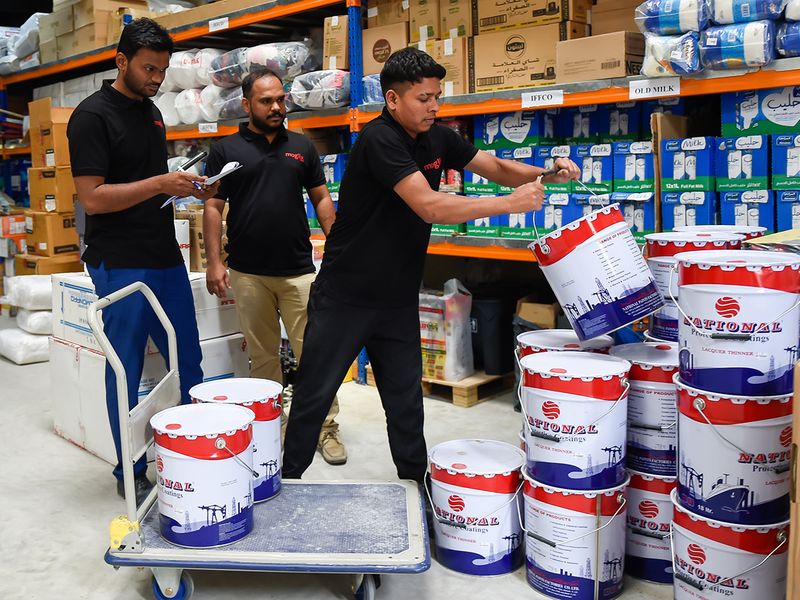
“The inclusion of chemicals, automotive components and electronics categories in the CEPA agreement could provide a significant boost to India’s manufacturing sector. And enhance the UAE’s position as a gateway to the world.”
Industry sources say this is where CEPA clicks – through more categories coming under favourable trade treatment. And when shipped into this country, the removal of import duties too.

The survey is an opportunity for businesses to share their experiences, concerns, and priorities directly with us, to not only shape ongoing negotiations but to also inform adjustments on deals already in play
There is talk of a major Indian conglomerate announcing an investment in Dubai as early as next week for a major international expansion. Sources say it will not be the only one as global supply chains reshape itself for a post-Covid global economy.
For India, it’s also a question of riding the ‘right time, right place’ wave. “With global production centers seeking to de-risk their supply chains, India is well-positioned to capitalize on the altered global trade dynamics,” said Malviya.
“India is reorienting its trade policy to capitalize on the rising prevalence of the China-plus-one model. Skill-intensive value chains - such as those for pharmaceutical formulations, capital goods, and automotive components - benefit from the country’s enormous pool of highly trained professionals.
“While it may be too early to determine whether Indian businesses are utilizing UAE logistics and supply chain options to their maximum potential, there are indications this practice is becoming more prevalent. Numerous Indian firms have already established operations in the UAE, either through joint ventures or wholly owned subsidiaries, to take advantage of the favorable business climate and access to global markets.”

The addition of services such as procurement-tech, supply chain financing and 3PL (third-party logistics) in the supply chain is crucial under the CEPA as it can facilitate streamlining the entire supply chain ecosystem in cross-border trade between the two countries.
New Ministry survey
On Thursday (May 5), the UAE Ministry of Economy launched a survey to get feedback from UAE business owners, industrialists and entrepreneurs ahead of negotiations for more Comprehensive Economic Partnership Agreements the country will enter into. “The survey will help shape the parameters of discussions with Chile, Vietnam, Ukraine, Kenya, Pakistan and Thailand,” the Ministry said. “And is open to all interested parties to ensure maximum benefit from the latest roster of deals.”
The survey has six sections, covering areas such as current market access in the targeted countries; trade and investment potential; barriers to trade and the role of government in facilitating exports and investments.
The responses will be used by the Ministry to ‘ensure the optimum deal for UAE businesses’, whether through smoother, more seamless market access for exports, or by creating the right climate for UAE investors in the partner countries.
“We recognize that businesses face unique challenges and opportunities in different markets, and we need to ensure that our trade agreements reflect those realities to ensure maximum returns to the private sector,” said Juma Alkait, Assistant Under-Secretary for International Trade Affairs Sector, at the Ministry of Economy.
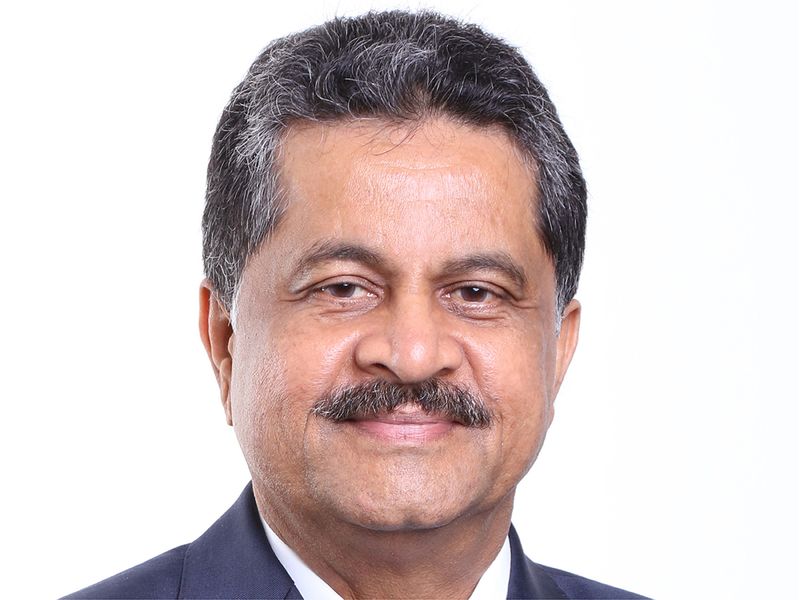
The one signed with India – which became effective May 1, 2022 – was the first CEPA UAE entered into, and has since been extended for alliances with the likes of Turkey, Israel and Cambodia.
Dr. Thumbay Moideen, founder and President of Thumbay Group, says that a CEPA deal builds just as much on existing strengths of the UAE and its businesses. In other words, it’s not just about new inward investments by new entities.
“We have benefitted greatly in establishing collaborations to enhance health profession education,” said Moideen. “Our goal is for deeper cooperation in knowledge sharing and creating employment that will reap considerable long-term rewards for the countries.
“The development of India-UAE’s trade relations has provided a broad ecosystem for businesses here to expand their positioning. Many sectors have witnessed a robust growth, including healthcare and education.”


